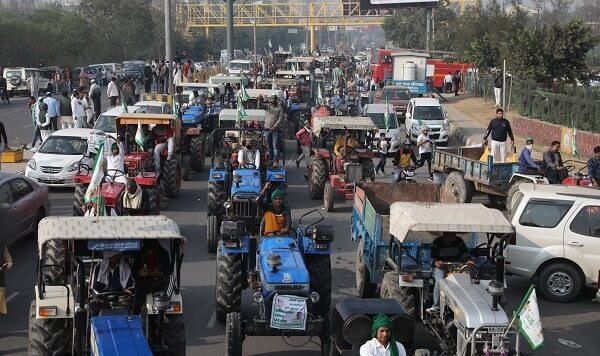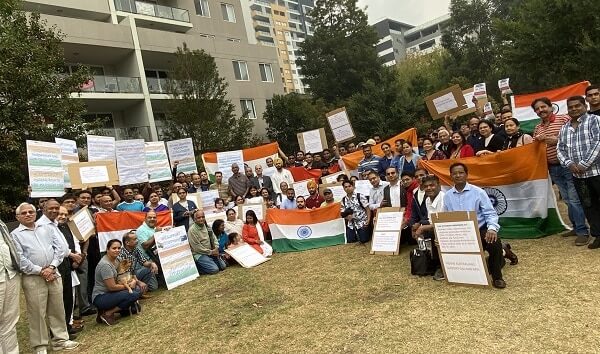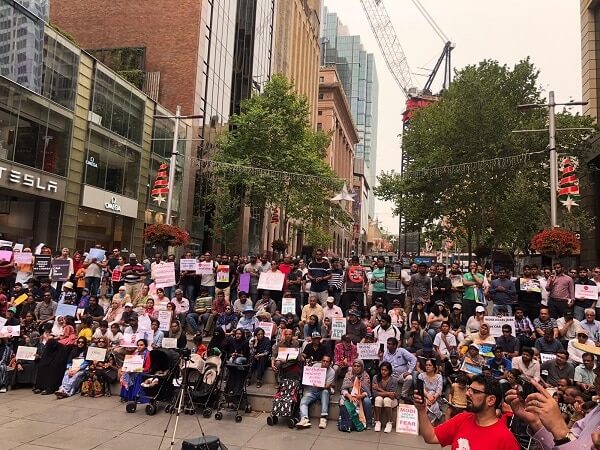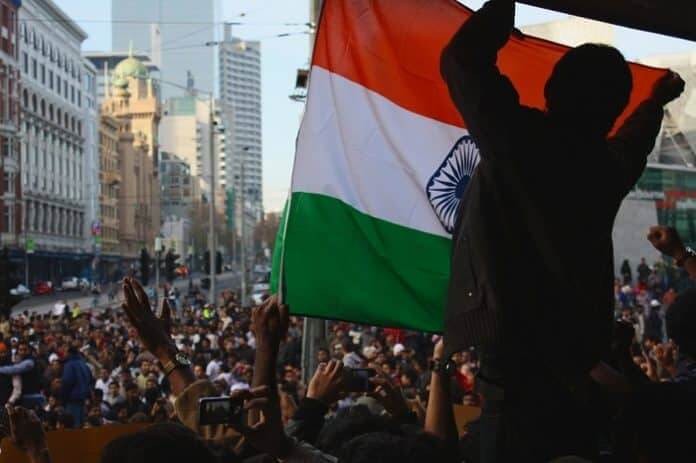As 2020 draws to a close, it looks like the pandemic is less of a concern to the government in India as opposed to the farmers gathering on the outskirts of Delhi.
As we go to print, hundreds of thousands are camped outside Delhi to protest against what they say is the corporatisation of farming by the Modi government. The farmers, largely from Punjab, are being joined by their fellow farmers from across the nation. The ferocity of the passion behind the protest – and some stark images of police brutality – may have galvanised the Modi government in initiating talks with the farmers, but to date there is little progress towards resolution.
Like in all things this decade, social media has lit up with various experts being paraded around extolling – or criticising – the new agriculture laws.
What has been interesting to note is the internationalisation of the farmers’ protest, as support comes in from the United Kingdom, Canada, and the United States.
READ ALSO: Indian farmers continue protests as diaspora joins in

From a political leadership point of view, the strongest remarks have come from Canadian Prime Minister Justin Trudeau who has supported the rights of Indian farmers to protest peacefully. This has not been taken kindly by the Indian government, which in a press release issued by the Ministry of External Affairs, said that such comments have “encouraged” extremist activities outside the Indian missions in Canada. India has warned that remarks of the Canadian leadership on farmer protests would lead to increasing anti-India rallies in Canada.
Other politicians in the United Kingdom and Australia have also added their voices to the ongoing protests in India.
With community groups joining in globally, the new breed of Non Resident Indian continues to engage deeply with their country of origin, and comes forward readily to show support – be it for the Indian cricket team at the SCG, or changes to Article 370, or the Indian Citizenship Amendment Act.

An early demonstration of such deep engagement with the mother country came during the Indian elections of 2014, when pro Modi supporters congregated at iconic spots such as the Sydney Opera House and Melbourne’s Federation Square as results were declared in India. Perhaps the most vocal outpouring of patriotic fervour was the Pulwama protest march in Sydney CBD against alleged Pakistan led terrorism. When CAA legislation was announced, we saw both pro and anti rallies in Parramatta and Sydney CBD.
READ ALSO: CAA: Supporters and detractors in Australia

This internationalisation of domestic politics is indeed a double-edged sword. The jury is still out whether we should be bringing contentious topics ‘from back home’ out in the mainstream. Then again, with social media playing such a pivotal role in highlighting our issues, vision opportunities of supporters and detractors against international landmarks does add an additional gravitas to the situation.
Meanwhile, as we prepare to bid adieu to 2020, we can’t help but look back at a year that was filled with unknowns, and one which forced us to re-evaluate various aspects of our lives. If ‘pivot’ was the word we used frequently in 2020, perhaps the word for 2021 will be ‘agile’ – as we learn to work through issues in smarter ways.
Wishing you and your loved ones a great 2021.





